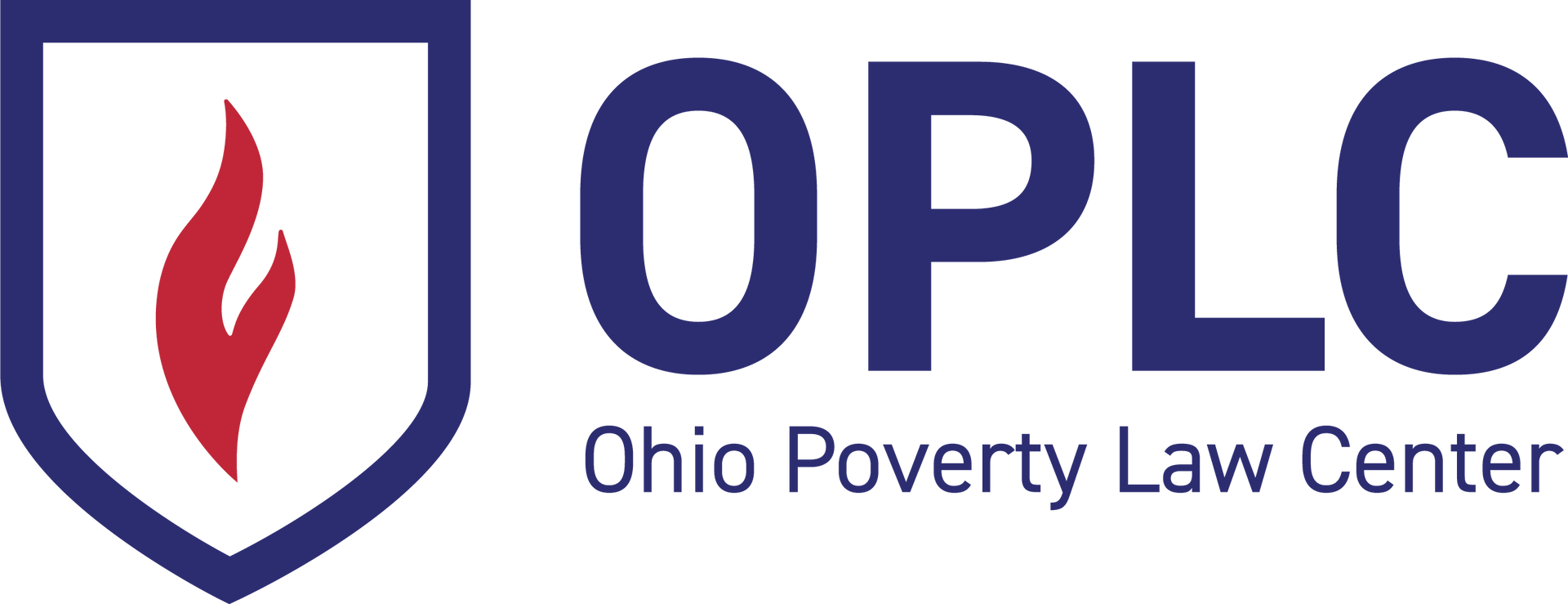AUGUST NEWSLETTER
NEARLY 70,000 OHIOANS ON THE ROAD TO GETTING THEIR DRIVER’S LICENSES
The Reinstatement Fee Amnesty Initiative was a success! 76,669 individuals had reinstatement fees waived or reduced collectively saving over $63 million. The average amount waived for individuals was $1,270 and the average amount in fee reductions was $789. Through the program, the BMV collected $3.6 million in reinstatement fees, an amount they likely would not have collected otherwise. Amnesty Initiative clinics were held statewide, bringing together legal aid and private bar attorneys, courts, the BMV, job and family services, and child support agencies to assist individuals in getting valid driver’s licenses.
The six-month pilot program ran from January 31st to July 31st but was extended in the budget. The program will run again from October 18th to December 31st. Pending legislation, House Bill 285, would make the program permanent. It would also allow for individuals receiving Medicaid, SSI, VA, OWF, and SNAP benefits to have eligible reinstatement fees waived. Under the current program, only individuals receiving SNAP benefits are eligible to have reinstatement fees waived. Findings from the pilot program and information on House Bill 285 can be found in Moving Forward, OPLC’s latest report on the Amnesty Initiative.
PUBLIC CHARGE RULE
“Give me your tired and your poor…who can stand on their own two feet and who will not become a public charge.” This quote came from the Acting Director of U.S. Citizenship and Immigration when the Trump Administration published the final version of its much anticipated ‘public charge’ rule. The rule will make it significantly harder for immigrants to gain admission to the United States or gain permanent legal status. The rule re-interprets a law dating back to 1880s that states that any ‘alien’ seeking admission or adjustment to status is inadmissible if they are “likely at any time to become a public charge…” For decades that rule was interpreted narrowly to apply only to narrow circumstances where the person is primarily dependent on TANF, SSI, or other publicly funded long-term care. The new rule expands that definition to apply to anyone who receives essentially any public benefit for more than 12 months in a 36-month period of time, including Medicaid, SNAP, and federally subsidized housing. You can read more details from the Kaiser Family Foundation here. The rule is widely considered to have an immediate chilling effect on immigrant families who will fear that accepting public benefits will lead to deportation or denial of permanent status. OPLC submitted comments in opposition to the proposed rule in December 2018. Multiple states filed separate lawsuits to block implementation of the rule.
OHIO DEPARTMENT OF MEDICAID SOLICITS COMMENTS ON WORK REQUIREMENT EVALUATION DESIGN
The Ohio Department of Medicaid (ODM) published a draft of the evaluation design it will use to assess the impact of the work requirements. The evaluation is part of heightened evaluation requirements imposed by CMS in March 2019. As part of the ongoing monitoring process, ODM will be required to report on more than 40 “quantitative eligibility and coverage metrics” related to work requirements. This data will be far reaching, ranging from numbers of passive redeterminations, whether the requirements were met through community service or job training, to the number of individuals who received exemptions for mental or physical unfitness for work. The state estimates that half of those subject to the work requirement will exit the program, which will impair their ability to study the long-term effects of the program on recipient’s access to health care. OPLC will submit comments today.
